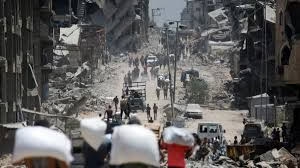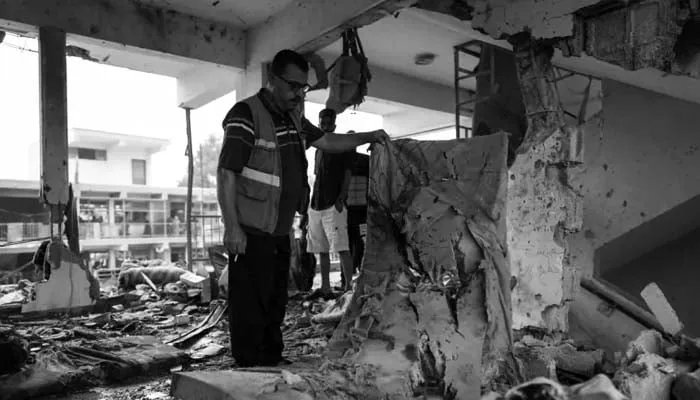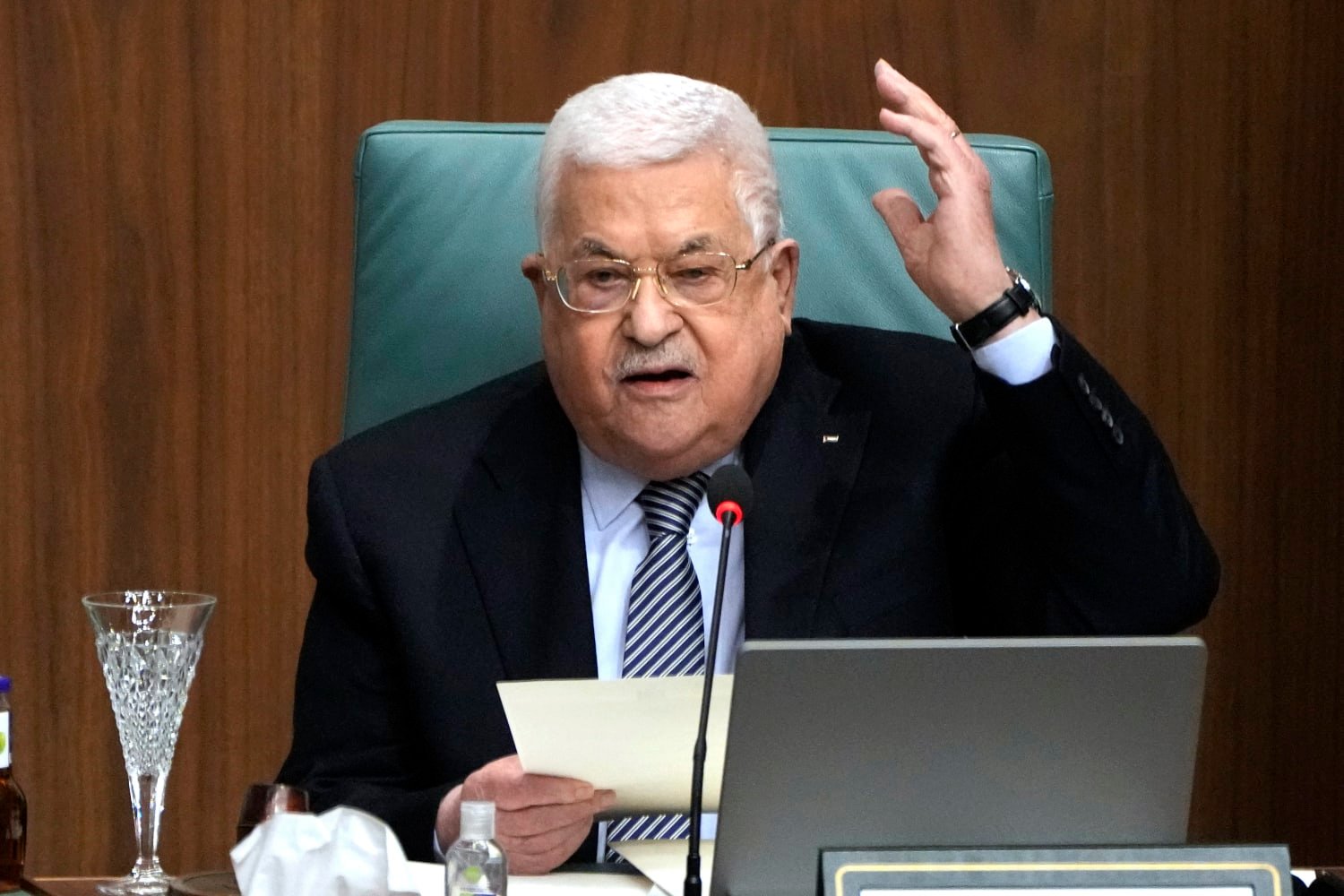Israel is facing growing international outrage over its actions in the Gaza Strip, where severe food shortages and deadly attacks on aid seekers continue to unfold. Caroline Willemen, Gaza project coordinator for Médecins Sans Frontières (Doctors Without Borders), has accused Israel of “engineering chaos and massacres” by obstructing aid deliveries and targeting Palestinians searching for food.
Despite a recent uptick in aid entry, Willemen warned on Friday that food remains “critically scarce” in the besieged territory. “Every day, people risk their lives in a desperate search for food,” she told Al Jazeera.
The Gaza Health Ministry reported that three more Palestinians, including two children, died of hunger and malnutrition in the past 24 hours—raising the total number of starvation-related deaths to 162 since Israel’s military campaign began in October 2023. Of those, 92 were children.
In addition to the hunger crisis, over 80 Palestinians were reportedly killed in Israeli airstrikes across Gaza on Friday. Among them, at least 49 people died and more than 270 were injured while trying to access aid, according to medical sources.
Global condemnation has intensified this week, with the world’s top hunger monitoring body warning that famine in Gaza is no longer a risk, but a reality. Although Israel has permitted several aid airdrops in recent days, senior UN officials have slammed the strategy as inadequate and inefficient.
Philippe Lazzarini, head of UNRWA, criticized the Israeli government for blocking land access to Gaza while allowing airdrops: “If there is political will to allow airdrops – which are highly costly, insufficient & inefficient – there should be similar political will to open the road crossings,” he posted on X.
Olga Cherevko of the UN’s humanitarian office (OCHA), speaking from Deir el-Balah, also warned that the modest increase in aid is nowhere near enough. “The needs on the ground are overwhelming,” she said.
Meanwhile, Palestinians continue to risk their lives seeking food at distribution points run by the US- and Israeli-backed Gaza Humanitarian Foundation (GHF). According to the UN human rights office, at least 1,373 Palestinians have been killed while attempting to access aid since GHF began operations in May. Of these, 859 were killed near GHF-run aid sites and 514 along food convoy routes. The UN said the majority of these deaths were caused by Israeli forces.
Palestinian resident Ibrahim Mekki, from Nuseirat refugee camp, described the desperate conditions: “I waited six hours and risked being shot—just to get a few bags of pasta,” he said. “It’s a trap, a game… letting you move a little, then opening fire.”
Willemen from MSF recalled a recent incident at the Zikim crossing where Israeli forces opened fire on civilians rushing toward aid trucks, causing panic, injuries, and chaos. “These deadly incidents have become a daily reality in Gaza,” she said.
Despite the mounting death toll and criticism, both Israel and the United States continue to back GHF operations. On Friday, former US President Donald Trump’s Middle East envoy Steve Witkoff and US Ambassador to Israel Mike Huckabee visited Gaza to assess conditions and coordinate aid plans with GHF. The Trump administration recently allocated $30 million to support the foundation’s operations.
Meanwhile, Washington continues to provide billions in military and diplomatic support to Israel—support that has only intensified since the Gaza offensive began.



